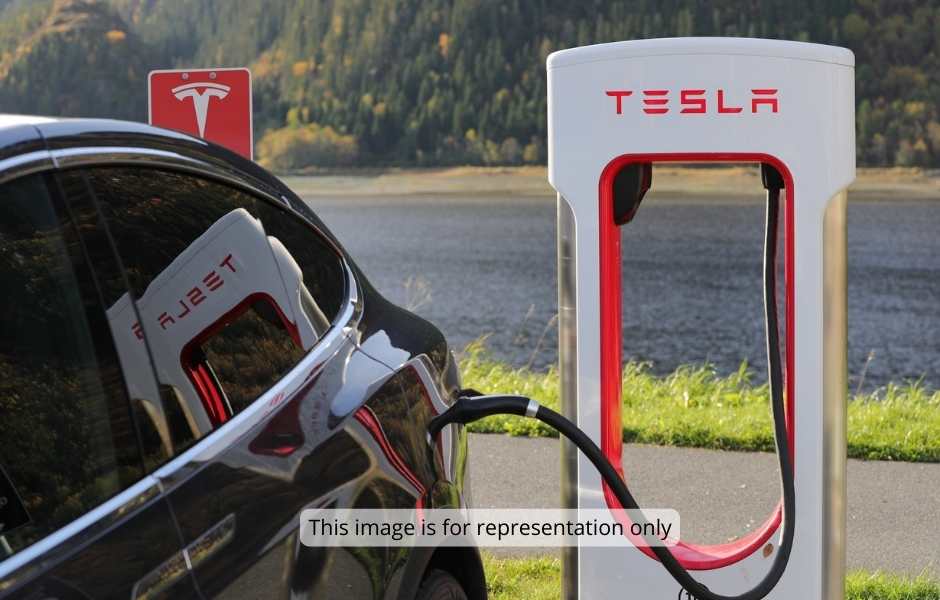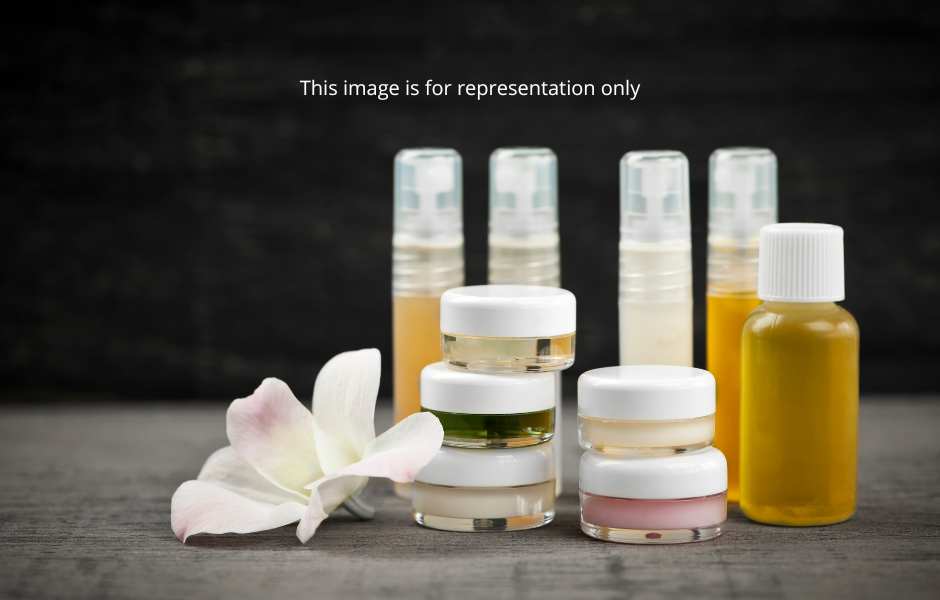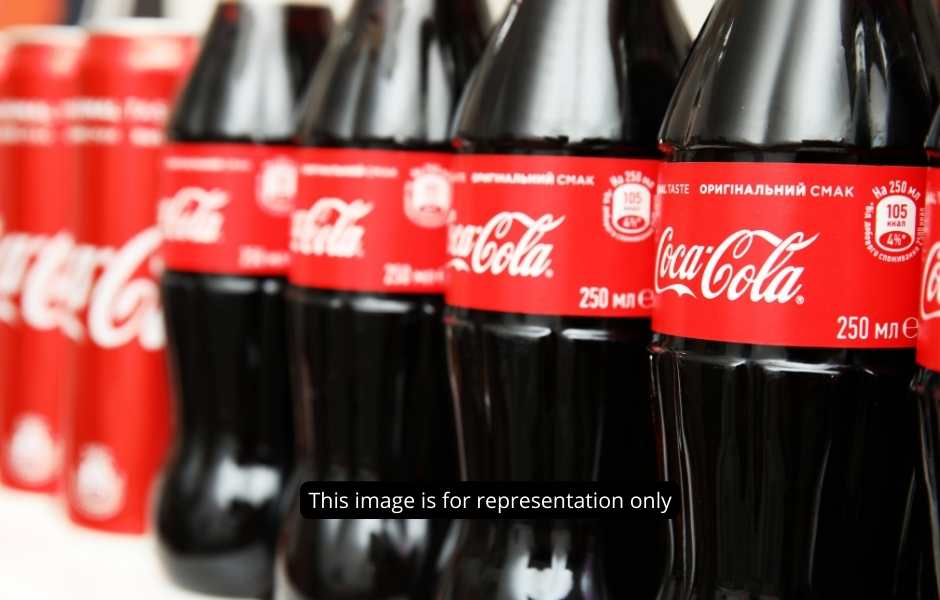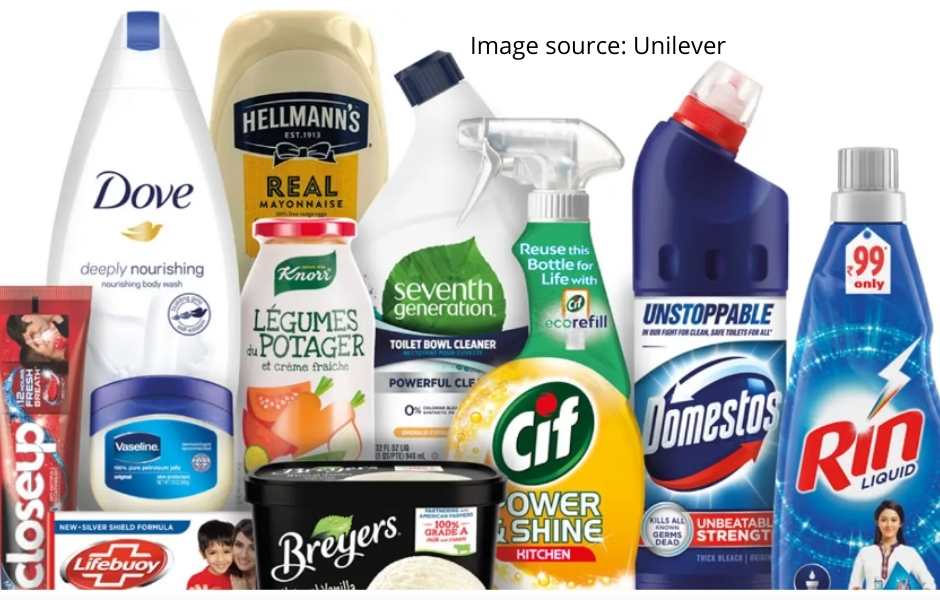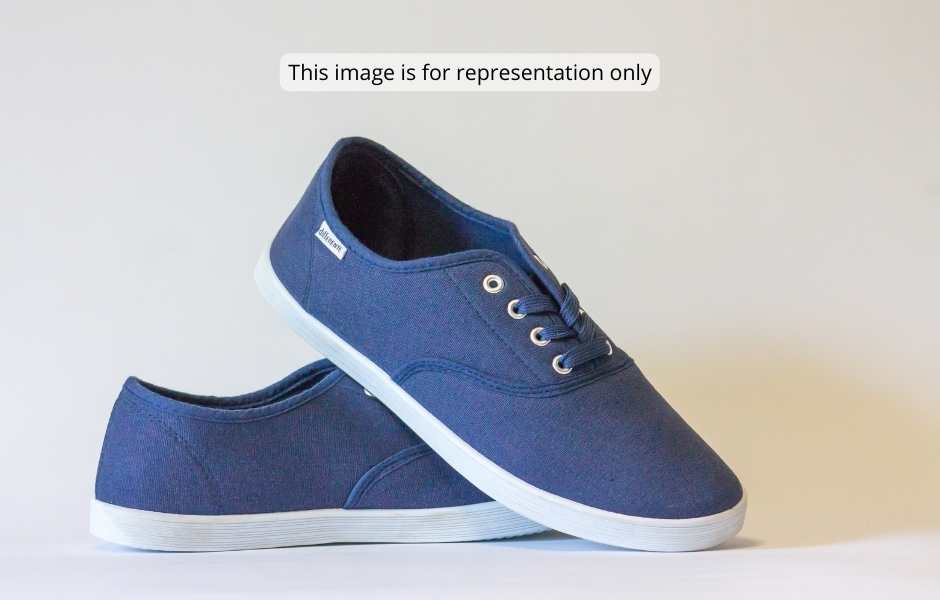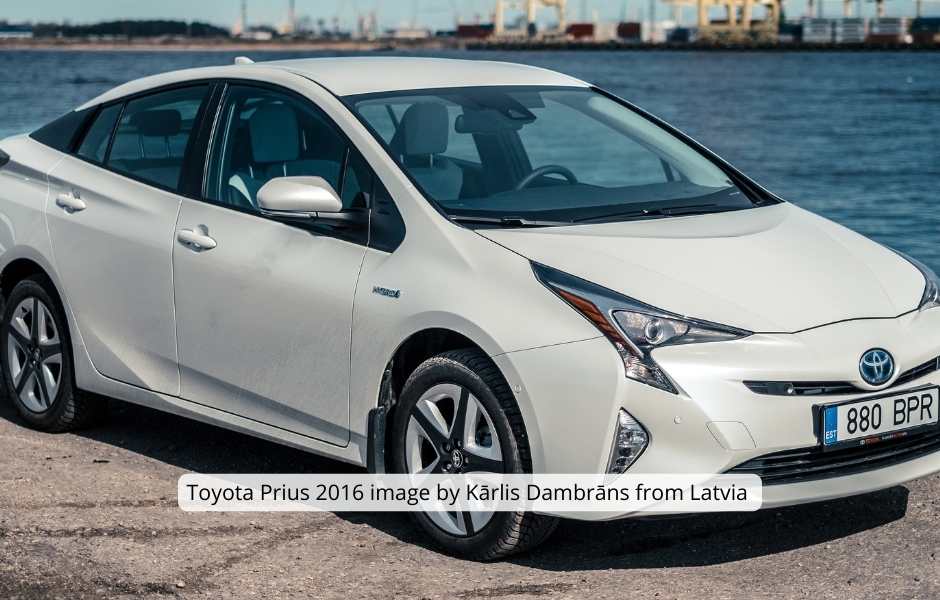Learn the importance of green marketing and discover green marketing examples of the top brands leading the way in sustainability and ethical marketing.
Green marketing, meaning a strategic approach that focuses on promoting products, services, or brands while emphasizing their positive environmental attributes and sustainable practices.
You could define green marketing as aligning business goals with ecological responsibility, to champion environmental stewardship and address the growing concerns about our planet’s well-being.
A green marketing strategy is about promoting one’s products or services as environmentally friendly with green branding strategies that highlight sustainable features and eco-friendly attributes.
To understand the meaning of green marketing and ethics in advertising, let’s first understand what’s the opposite of ethical marketing.
Contents
What is Greenwashing?
Greenwashing, meaning making misleading claims or using misleading branding, creates the impression that a product, service, or company is more environmentally friendly or socially responsible than it is.
The term “greenwashing” is a blend of “green” (a reference to environmentalism and sustainability) and “whitewashing” (which means covering up or glossing over negative aspects).
You can define greenwashing as an unethical advertising practice in which a company or organization falsely exaggerates or misrepresents its commitment to environmental and sustainability efforts, as it can mislead consumers and erode trust in genuine sustainability efforts.
Dishonest ethics in advertising can take various forms, such as using eco-friendly imagery, making unsubstantiated claims about a product’s environmental benefits, or selectively highlighting minor environmentally friendly aspects while ignoring more significant negative impacts.
It’s essential for consumers to be critical and informed when evaluating the environmental claims of products, services, or companies to avoid falling victim to greenwashing tactics. Regulatory bodies and organizations often establish guidelines and standards to help prevent and detect greenwashing practices.
The Importance of Green Marketing
In an age where environmental awareness has transcended niche circles to become a global phenomenon, green marketing is not merely a trend; it’s a necessity, especially for an eco-friendly business. Here’s why it matters:
#1. Meeting Consumer Demand
Today’s consumers are more conscientious than ever. They seek products and services that reflect their values and concern for the environment. Green marketing allows businesses to meet this demand, catering to a growing and influential customer base.
#2. Differentiation & Competitive Edge
In crowded markets, standing out is a challenge. Green marketing provides a unique selling proposition, setting your brand apart from competitors. It can be a powerful tool to capture the attention of ethically-minded consumers.
#3. Enhanced Brand Reputation
A commitment to sustainability and responsible business practices can significantly bolster your brand’s reputation. Consumers are more likely to trust and remain loyal to brands that demonstrate their commitment to environmental stewardship.
#4. Regulatory Compliance
As governments worldwide enact stricter environmental regulations, embracing green marketing can help businesses navigate compliance while minimizing negative impacts on their operations.
#5. Long-term Sustainability
Sustainable business practices often lead to reduced resource consumption, lower operational costs, and increased efficiency. By adopting green marketing, you’re not just helping the planet; you’re also ensuring the long-term viability of your business.
#6. Innovation & Adaptation
Green marketing encourages innovation. It prompts businesses to seek eco-friendly alternatives, driving research and development in sustainable technologies and practices. This, in turn, can lead to new market opportunities.
#7. Global Trends & Market Expansion
Sustainability is not confined to one region; it’s a global phenomenon. Embracing green marketing can open doors to new markets and audiences who prioritize eco-conscious choices.
#8. Employee Engagement
Embracing sustainability in your marketing efforts can also boost employee morale and engagement. Many employees are proud to work for companies that prioritize the environment and social responsibility.
In summary, green marketing is not just about appealing to a niche audience or chasing a fleeting trend. It’s about aligning your business with the values and concerns of a conscious and informed global community.
It’s about demonstrating a commitment to the planet and future generations. Green marketing isn’t just good for the environment; it’s good for business and society as a whole. It’s a path toward a more sustainable, prosperous, and harmonious future.
10 Inspiring Green Marketing Examples
Here are ten successful green marketing examples by eco-friendly brands, along with the reasons why they were effective:
#1. Tesla’s Electric Vehicles (EVs)
Tesla’s dominance in the electric vehicle (EV) industry is underpinned by its remarkable blend of innovation and sustainability.
Through sleek, high-performance designs and industry-leading range capabilities, Tesla not only shattered preconceptions about electric cars but also sparked a global shift towards sustainable transportation.
By positioning its products as aspirational, Tesla appeals not just to environmental concerns but to consumers who desire cutting-edge technology and high-performance vehicles.
This multifaceted approach has propelled Tesla beyond a mere car manufacturer, establishing it as a symbol of transformative change in the automotive sector, making sustainable transportation not just responsible but desirable.
#2. Patagonia’s “Don’t Buy This Jacket” Campaign
Patagonia’s campaign, with its mantra “Don’t Buy This Jacket,” was a bold departure from conventional consumerism. It tapped into a cultural shift towards mindful consumption, urging individuals to reconsider their buying habits.
By emphasizing Patagonia’s unwavering dedication to environmental sustainability, particularly in reducing overconsumption and encouraging repair and reuse, the brand struck a chord with conscious consumers. This resonation was not just about a jacket but a broader call for sustainable living.
It underscored Patagonia’s authenticity and unwavering commitment to its values, fostering trust among consumers who increasingly seek ethical and environmentally responsible brands in an era of heightened environmental awareness.
#3. Burt’s Bees’ Natural Personal Care Products
Burt’s Bees has emerged as a shining example of success in the realm of natural and environmentally friendly personal care products. What sets them apart is a trifecta of principles: transparency, cruelty-free practices, and unambiguous communication of their unwavering commitment to nature.
By meticulously sourcing their ingredients and disclosing their origins, Burt’s Bees not only reassures consumers about product safety but also fosters trust by demonstrating their dedication to ethical and sustainable practices.
Their resolute stance against animal testing aligns with growing ethical concerns, further enhancing their reputation.
In a world increasingly conscious of eco-friendly choices, Burt’s Bees’ holistic approach has not only fueled their prosperity but also served as a blueprint for responsible and sustainable personal care brands.
#4. Coca-Cola’s PlantBottle™
Coca-Cola’s introduction of the PlantBottle™ in 2009 marked a significant leap in the beverage industry’s sustainability efforts. By creating a PET plastic bottle with up to 30 percent plant-based materials, it addressed the concerns of environmentally conscious consumers.
In 2021, the Coca‑Cola Company’s sustainable packaging journey crossed a major milestone with its first-ever beverage bottle made from 100 percent plant-based plastic, excluding the cap and label.
This innovative approach reduced the dependence on fossil fuels for plastic production, a move in harmony with the global push to mitigate climate change.
What made this innovation truly successful was its ability to maintain the high product quality and integrity that consumers expected from Coca-Cola while simultaneously reducing the environmental footprint.
It not only resonated with eco-conscious consumers but also set a benchmark for sustainable packaging solutions in the beverage industry.
#5. Unilever’s Sustainable Living Brands
Unilever’s holistic dedication to sustainability extends gracefully to renowned brands like Dove and Ben & Jerry’s, transcending mere product marketing.
Dove’s poignant focus on self-esteem and body positivity and Ben & Jerry’s passionate stance on climate change forge deep emotional bonds with consumers who share these concerns.
These brands elevate their purpose beyond profit, aligning with societal and environmental issues that resonate on a profound level.
In doing so, Unilever not only attracts consumers who seek meaningful, purpose-driven products but also harnesses its brands as powerful platforms for social change. This resonant alignment forms a virtuous cycle of loyalty, trust, and collective action in the quest for a better world.
#6. IKEA’s Sustainability Initiatives
IKEA’s commitment to sustainability is integral to its brand identity. They have adeptly interwoven eco-consciousness into their offerings.
By sourcing sustainable materials, such as responsibly managed wood, and promoting energy-efficient products, IKEA not only reduces its environmental footprint but also empowers consumers to make sustainable choices effortlessly.
Their recycling services further demonstrate a dedication to circularity and waste reduction. The genius of IKEA’s strategy lies in seamlessly aligning their affordable and stylish furniture with eco-friendly values.
This accessibility makes sustainable living attainable for the masses, forging a powerful connection between budget-conscious consumers and the broader cause of sustainability, making eco-friendly choices more accessible and compelling.
#7. Starbucks’ Reusable Cups & Ethical Sourcing
Starbucks has recognized the power of aligning its practices with consumer values, making it a standout success in the coffee industry.
Their promotion of reusable cups and commitment to going strawless not only reduces single-use plastic waste but also encourages eco-conscious behavior among patrons. Simultaneously, their commitment to ethically sourcing coffee beans is an impactful step towards supporting responsible agriculture and fair labor practices.
These actions resonate deeply with consumers who value sustainability and ethical consumption. Starbucks’ efforts extend beyond coffee; they convey a broader commitment to global responsibility.
Through these initiatives, Starbucks has fostered a responsible image, becoming more than a coffee shop; it’s a brand symbolizing conscientious choices and global stewardship.
#8. TOMS’ One-for-One Program
TOMS’ innovative “One-for-One” model has transcended traditional business practices, creating a profound connection between consumers and a compelling social cause.
Their commitment to donating a pair of shoes to a child in need for every pair sold has transformed shopping into an act of social responsibility. This resonates deeply with consumers seeking to infuse purpose into their purchases, aligning their shopping choices with their values.
In their latest green branding effort, they’ve committed one-third of their income to grass-roots social impact programs that address issues like mental health, equal access to resources, and the eradication of gun violence.
TOMS has masterfully turned consumption into a force for good, making buyers active participants in global philanthropy. This model not only builds trust but also empowers consumers to be agents of positive change, illustrating how businesses can be vehicles for meaningful impact.
#9. Whole Foods Market’s Organic & Local Products
Whole Foods Market has redefined grocery shopping by anchoring its brand identity in a commitment to organic, locally sourced, and sustainable products.
Their unwavering dedication to quality and ethical sourcing resonates profoundly with discerning consumers who prioritize health, sustainability, and conscious consumption.
By providing a wide array of responsibly sourced products, Whole Foods has cultivated a loyal customer base that appreciates the brand’s emphasis on transparency and eco-consciousness.
In doing so, they’ve created a destination for those seeking not just groceries, but a lifestyle aligned with health, ethics, and sustainability, reaffirming the idea that conscious consumer choices can make a significant impact on both personal well-being and the planet.
#10. Toyota’s Hybrid Vehicles
Toyota’s Prius has carved an indelible mark in the automotive industry as the pioneer of mass-market hybrid cars. Its enduring success is underpinned by a pioneering spirit that revolutionized the automotive landscape.
Prius introduced cutting-edge hybrid technology, showcasing a commitment to environmental sustainability that resonated with a world awakening to climate concerns. What sets Prius apart is its clear communication of environmental benefits, quantifying carbon footprint reductions and fuel savings for consumers.
By seamlessly blending innovation with a green ethos, the Prius became more than a car; it symbolized a responsible lifestyle choice. It’s proof that visionary thinking and transparent communication can make eco-friendly transportation an iconic symbol of progress and responsibility.
These green marketing examples share common traits of authenticity, transparency, innovation, and a genuine commitment to sustainability. They resonate with consumers who prioritize eco-conscious choices, building trust and loyalty while also contributing to positive environmental and social impacts.
If you hope to make your company and the world a better place, you can learn tools and strategies to make sustainability changes in your organization with the Become a Sustainable Business Change Agent Specialization from the University of Colorado.
Conscious Business Tips & Tutorials
- Free Events For Mission-Driven Entrepreneurs
- The Ultimate Founders Checklist to Launch & Scale Your Startup
- Best Business Courses To Learn Entrepreneur Skills
- How To Find and Research Your Niche Market
- Best Skills To Earn Money From Internet Business Ventures
- 25 Entrepreneur Characteristics Of Successful Business Owners
- Best Recession Proof-Businesses To Start In An Economic Downturn
- How to Choose the Best Occupations for the Most Meaningful Careers
- How to Create a Compelling Company Vision as an Entrepreneur
- How To Build Inclusive Leadership and Diversity in Management
- 10 Inspiring Leadership and Entrepreneurial Traits of Ratan Tata
- How To Sell Art Online And Make Money From Your Artworks
- Conscious Shopping Portals & The Growth Of Conscious Commerce
© 2023 – 2024, Priya Florence Shah. All rights reserved.
Priya Florence Shah is a bestselling author and an award-winning blogger. Check out her book on emotional self-care for women. Priya writes short stories and poetry and chills with her two-legged and four-legged kids in her spare time.
Discover more from Business & Branding Tips
Subscribe to get the latest posts sent to your email.





